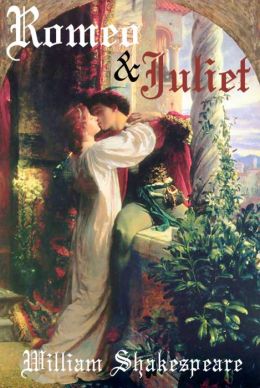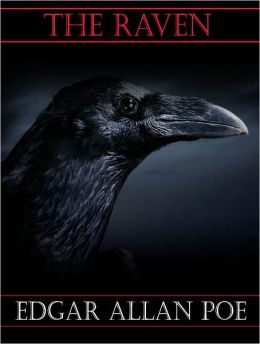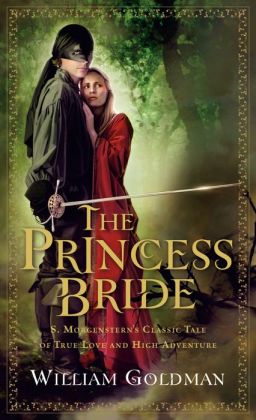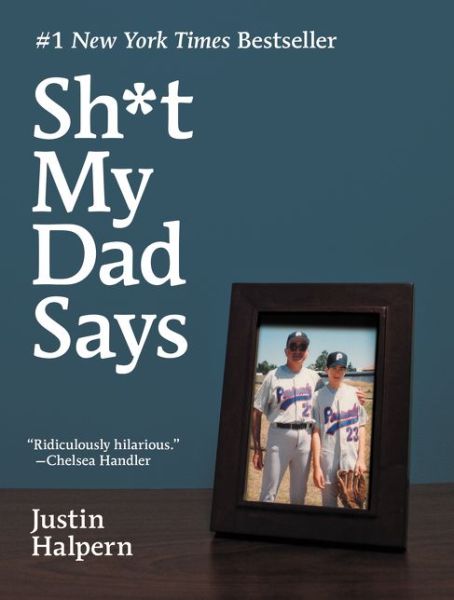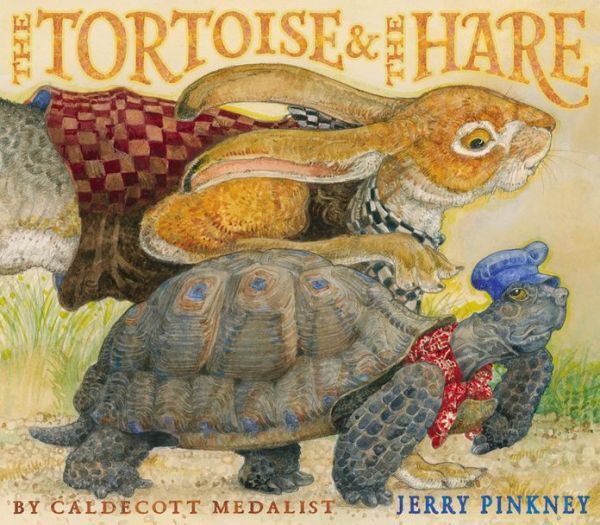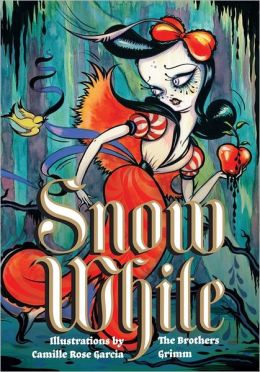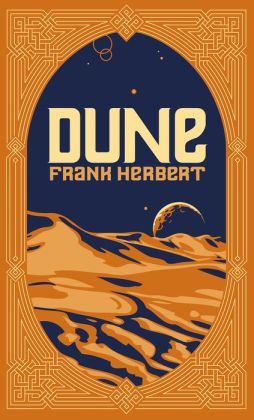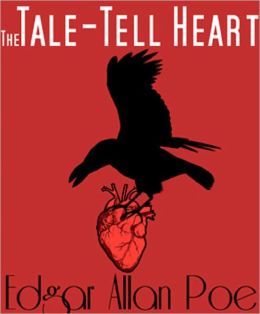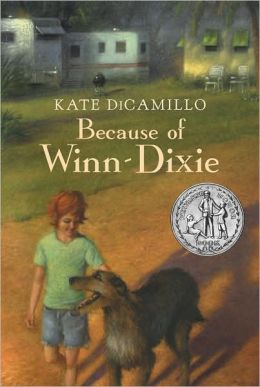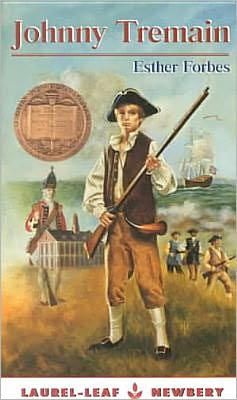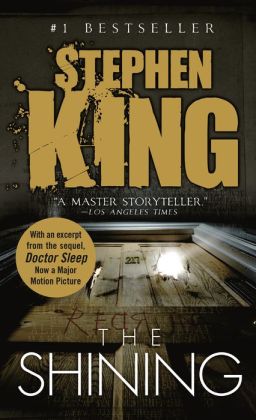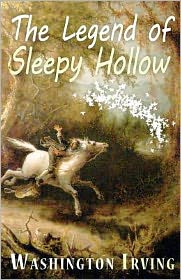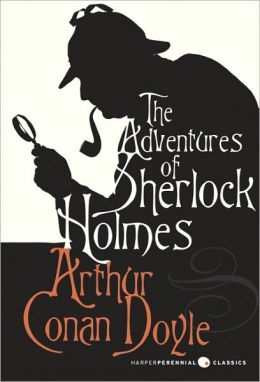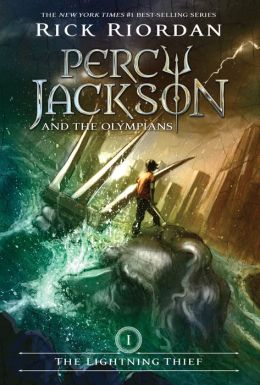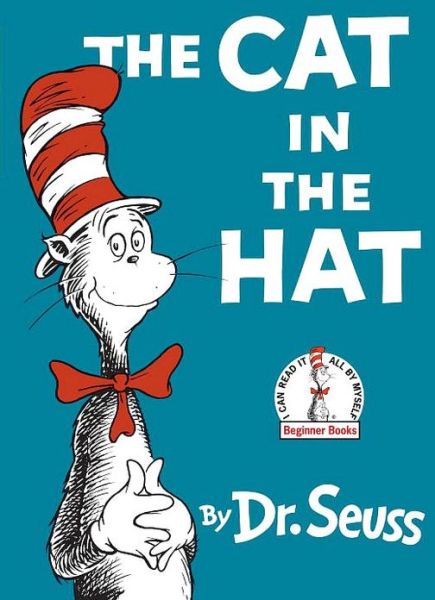I’ve been doing this writing thing just long enough to notice that any time I encounter another writer for the first time, aside from the usual bio info exchanged, the most common question is, “What genre do you write?” After a few of these exchanges, I quickly realized that I didn’t know the different genres as well as I thought I did. Genresofliterature.com offers a nice concise list and brief definition of the different genres currently defined*.
Nonfiction Genres
Nonfiction
Factual writing. Writings that convey factual information and are not primarily works of the creative imagination.
Example: History of The American Economy (textbook)
Narrative Nonfiction
Also referred to as creative nonfiction, literary journalism and fact based story telling, adapting some of the features of fiction (creating a narrative persona, setting scenes, presenting interesting characters, creating the look and feel of a setting, telling a story) to the purposes of journalism.
Example: Prince Harry Ending US Visit With Conn Polo Match (news article)
Essays
Short nonfiction prose piece; an short analytic, descriptive or interpretive piece of literary or journalistic prose dealing with a specific topic, especially from a personal and unsystematic viewpoint.
Example: Boyhood Dream Came True A Czech Taxidermists Success Story (Photo Essay)
Biography
An account of somebody’s life written or produced by another person
Example: Audrey In Rome (Audrey Hepburn’s life story as told by Lucca Dotti, Ludovica Damiani and Sciascia Gambaccini)
Autobiography
An account of somebody’s life written by that person
Example: My Beloved World (Sonia Sotomayor’s life story as told by Sonia Sotomayor)
Speech
The ability to speak. The act of communicating by speaking
Example: The Gettysburg Address
Fiction Genres
Fiction
Literary works of imagination. Novels and stories that describe imaginary people and events.
Example: Adventures of Huckleberry Finn
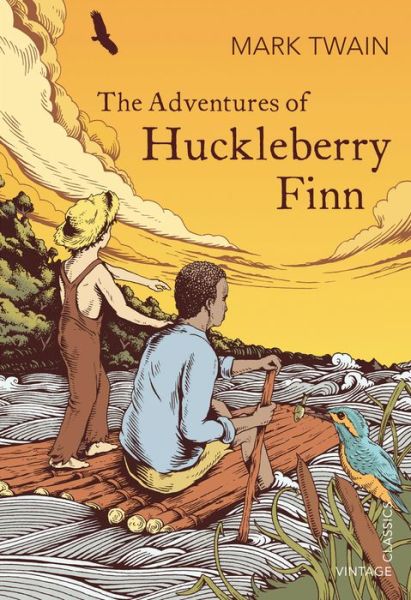
Drama
A serious play written for performance on stage, television or radio.
Example: Romeo and Juliet
Poetry
Literary works written in verse, in particular, verse writing in high quality, great beauty, emotional sincerity or intensity or profound insight.
Example: The Raven
Fantasy
The creative power of the imagination. Commonly uses magic and other supernatural phenomena as a primary plot element, theme or setting.
Example: The Princess Bride
Humor
Writings and other material designed to make people laugh. The quality or content of something that elicits amusement or laughter.
Example: Sh*t My Dad Says
Fable
A short story with a moral, especially one in which the characters are animals. A story about supernatural, mythological or legendary characters or events.
Example: The Tortoise and the Hare
Fairy Tales
A story for children about fairies or other imaginary beings and events, often containing a moral message.
Example: Snow White
Science Fiction
Fiction based on futuristic science. Fiction based on science, usually set in the future, that deals with imaginary scientific and technological developments and contact with other worlds.
Example: Dune
Short Story
A work of prose fiction that is shorter than a novel.
Example: The Tell-Tale Heart
Realistic Fiction
Resembling or simulating real life. Interested in, concerned with or based on what is real or practical.
Example: Because of Winn-Dixie
Folklore
Traditional stores and explanations passed down in a community or country.
Example: Paul Bunyan
Historical Fiction
Narratives that take place in the past and are characterized chiefly by an imaginative reconstruction of historical events and personages.
Example: Johnny Tremain
Horror
Something that causes a very strong feeling of fear shock or disgust.
Example: The Shining
Tall Tale
An exaggerated, unreliable story.
Example: Pecos Bill
Legend
A story that has been passed down for generations, especially one that is presented as history but is unlikely to be true.
Example: The Legend of Sleepy Hollow
Mystery
An event or situation that is difficult to fully understand or explain. Typically a detective or crime novel.
Example: The Adventures of Sherlock Holmes
Mythology
A group of myths belonging to a particular people or culture that tell about their ancestors, heroes, gods and other supernatural beings and history.
Example: The Lightning Thief
Fiction in Verse
Full length novels with plot, subplots, themes, with major and minor characters. The narrative is usually presented in blank verse (unrhymed poetry)
Example: The Cat in the Hat
The list provided by genresofliterature.com is only the tip of the iceberg. Within each of the genres listed above, are several subgenres that define a work of literature at a more granular level. It is also possible for a single piece to fall into multiple categories.
Do you have a favorite genre to write? How about a favorite genre for reading? Are they the same?
*Unless otherwise specified by a link, all definitions obtained from Bing Dictionary




